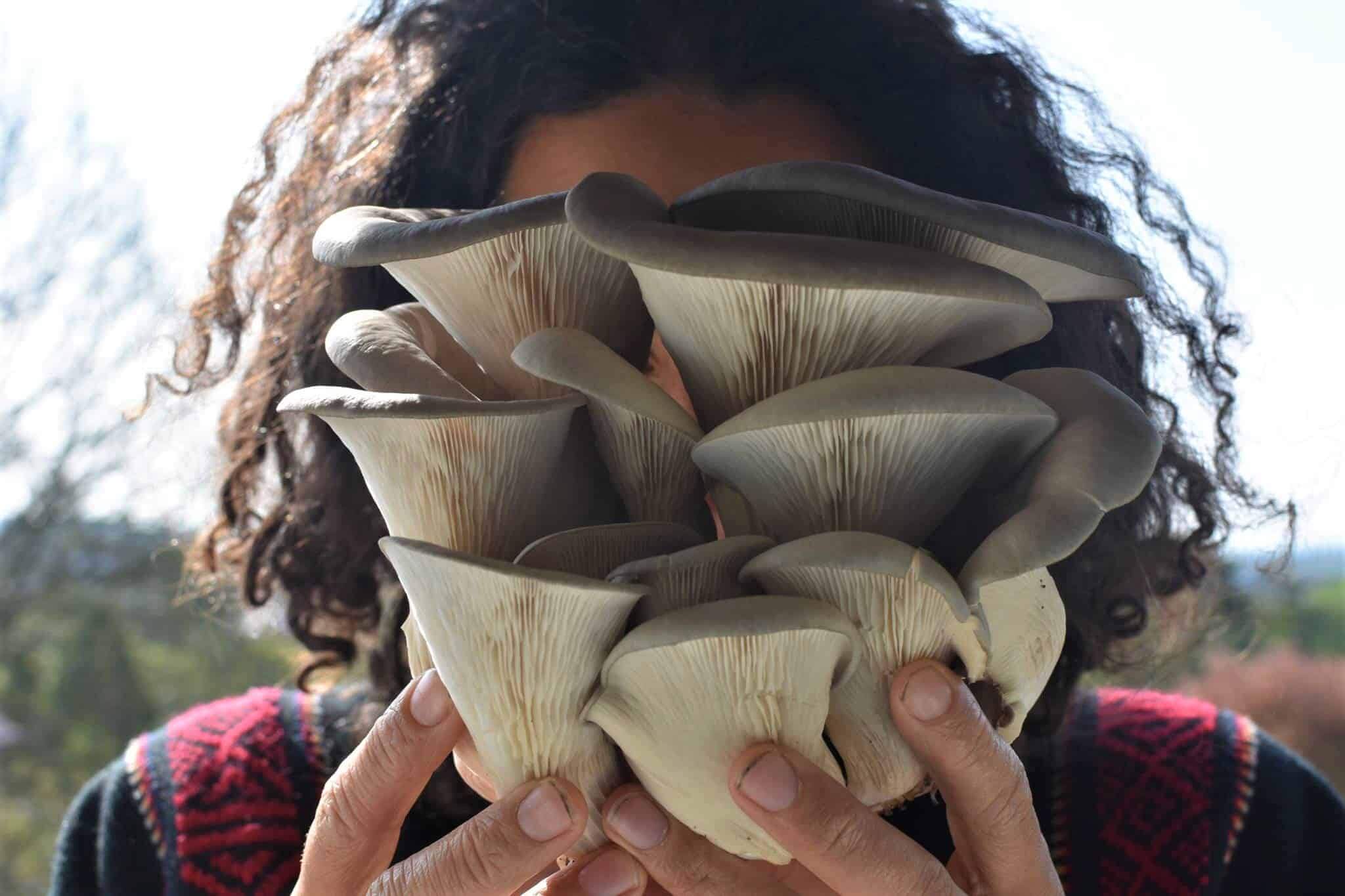Black farmers or farmers of colour feel isolated within the rural community caused by a range of experiences from racial bullying or estrangement from communities of the same heritage.
Those were some of the findings from a new report looking at racism in British farming, based on a literature review and analysis of 16 interviews with Black or People of Colour (BPOC) working in farming or land work.
“In meeting BPOC farmers around the country I came across a real range of experiences on farming cultures and rural Britain,” said lead researcher Naomi Terry. “Some people are experiencing overt racism, for example in the pub, on work exchange farms, or at agricultural university.
“Many people also experience the cumulative effects of microaggressions, and the impacts of working in isolation from their communities of heritage.”
The report, called Jumping Fences: Land, food, and racial justice in British farming, found “many experiences that relate to systemic or structural racialisation”.
These included being perceived as less competent, or being tokenised, and while participants described behaviours ranging from microaggressions to overt racism, many said they do not routinely draw attention to it.
Participants also raised the issue of pervasive societal narratives around who farming is for and what it looks like, while others noted that land work is a source of healing for racialised people.
The report makes recommendations to address the barriers for BPOC people to enter farming, such as changing workplace culture on farms and in farming organisations, and creating more opportunities for access to land for farm work.
“There is clearly a need for more financial support, access to land and opportunities for people from racialised backgrounds in farming, but this alone will not address deeply entrenched structural inequalities,” said Terry.
“We need to take actions which will encourage a shift in the narratives around who farming is for, and what it can look like.”
The basis for the report was that farming is currently the least diverse sector in the UK with 98.6 per cent of farmers identifying as white, with the aiming of understanding some of the barriers in encouraging more BPOC to consider farming as a career.
It also made the point that “the political movement and the geographical ‘return to the land’ movement of people from urban to rural are perceived as overwhelmingly white, while BPOC landworkers exist.”















0 Comments